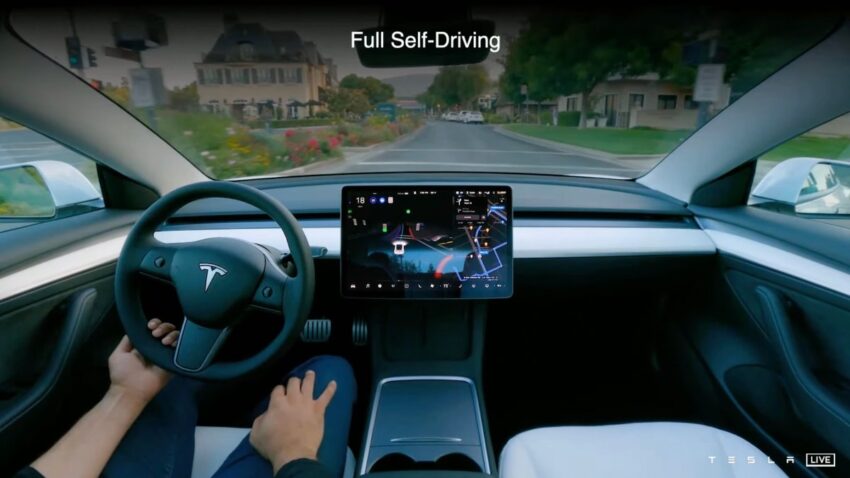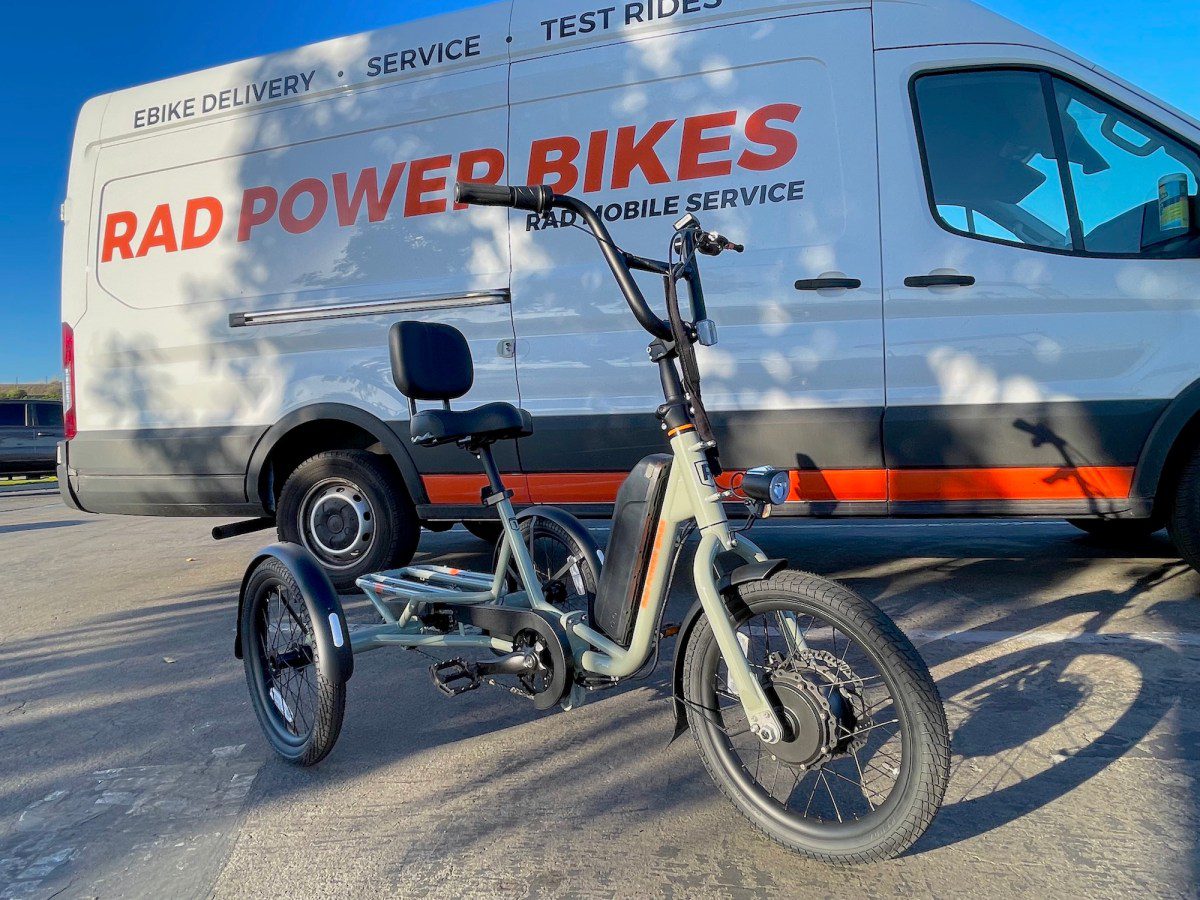
tesla fsd software may not be approved Tesla’s Full Self-Driving (FSD) software faces potential regulatory hurdles in the European Union, despite the company’s recent claims of impending approval from a Dutch regulator.
tesla fsd software may not be approved
Tesla’s Optimistic Announcement
In a recent social media post, Tesla expressed optimism regarding the approval of its Full Self-Driving mode by the Dutch regulatory authority. The company suggested that this approval would pave the way for broader acceptance of its autonomous driving technology across Europe. This announcement was met with enthusiasm from Tesla supporters and investors, who viewed it as a significant step forward for the company’s ambitions in the autonomous vehicle market.
Regulatory Landscape in the EU
The European Union has established a rigorous framework for the approval of autonomous driving technologies. This framework is designed to ensure that all vehicles on the road meet strict safety and environmental standards. As a result, any claims made by manufacturers regarding the capabilities of their autonomous systems are subject to thorough scrutiny by regulatory bodies.
In the case of Tesla, the Dutch regulator’s initial response appears to diverge from the company’s optimistic portrayal. While Tesla indicated that approval was imminent, the regulator has not confirmed this timeline, suggesting that further evaluation of the FSD software is necessary. This discrepancy raises questions about the accuracy of Tesla’s announcement and the potential implications for the company’s operations in Europe.
Concerns Over Safety and Compliance
One of the primary concerns surrounding Tesla’s FSD software is its safety performance. Regulatory bodies in the EU have expressed apprehension regarding the software’s ability to operate safely in complex driving environments. The FSD system relies heavily on artificial intelligence and machine learning algorithms, which can sometimes produce unpredictable results in real-world scenarios.
Moreover, the EU’s regulatory framework mandates that manufacturers provide comprehensive data demonstrating the safety and reliability of their autonomous systems. This includes extensive testing and validation under various driving conditions. Tesla’s FSD software has been under scrutiny for its performance in urban settings, where traffic patterns can be particularly challenging.
Stakeholder Reactions
The reactions from various stakeholders regarding Tesla’s FSD software and its regulatory approval process have been mixed. Some industry experts and analysts have voiced skepticism about Tesla’s claims, pointing to the need for a more transparent evaluation process. They argue that rushing the approval could compromise safety standards and undermine public trust in autonomous driving technologies.
Conversely, Tesla enthusiasts and investors have expressed optimism about the potential for FSD to revolutionize transportation. They argue that the technology has the potential to reduce traffic accidents and improve overall road safety. However, this optimism must be tempered by the realities of regulatory compliance and the need for thorough testing.
The Implications of Regulatory Delays
If the Dutch regulator ultimately decides against approving Tesla’s FSD software, the implications for the company could be significant. Delays in regulatory approval could hinder Tesla’s ability to expand its market presence in Europe, where competition in the electric vehicle sector is intensifying. Other manufacturers are also developing their own autonomous driving technologies, and any setbacks for Tesla could provide an opportunity for competitors to gain ground.
Furthermore, regulatory delays could impact Tesla’s stock performance. Investors closely monitor developments related to FSD, as the technology is seen as a key driver of future growth. A setback in regulatory approval could lead to a decline in investor confidence, potentially affecting Tesla’s market valuation.
Broader Context of Autonomous Driving Regulation
The situation surrounding Tesla’s FSD software is part of a larger trend in the automotive industry, where regulatory bodies worldwide are grappling with the challenges posed by autonomous driving technologies. The EU’s cautious approach reflects a growing awareness of the complexities involved in integrating autonomous vehicles into existing transportation systems.
In the United States, for example, regulatory agencies are also working to establish guidelines for the testing and deployment of autonomous vehicles. However, the pace of regulatory approval varies significantly between regions. While some areas may be more permissive, others, like the EU, are taking a more measured approach to ensure public safety.
Future Prospects for Tesla’s FSD Software
Despite the current uncertainty surrounding regulatory approval, Tesla remains committed to advancing its Full Self-Driving technology. The company has invested heavily in research and development, aiming to enhance the software’s capabilities and address safety concerns. Tesla’s CEO, Elon Musk, has frequently emphasized the transformative potential of FSD, suggesting that it could lead to a future where personal car ownership becomes less common.
As Tesla navigates the regulatory landscape, it will need to balance its ambitious goals with the requirements set forth by authorities. This may involve additional testing, data collection, and transparency in reporting the software’s performance. The company’s ability to adapt to regulatory expectations will be crucial in determining the future of its FSD technology in Europe and beyond.
Conclusion
The road ahead for Tesla’s Full Self-Driving software is fraught with challenges, particularly in light of the recent developments regarding regulatory approval in the EU. While the company’s optimistic announcement has generated excitement, the reality of regulatory scrutiny cannot be overlooked. As Tesla continues to push the boundaries of autonomous driving technology, it must also navigate the complex regulatory landscape that governs its deployment.
Ultimately, the outcome of this situation will not only impact Tesla but also shape the future of autonomous driving in Europe. The decisions made by regulatory bodies will set important precedents for other manufacturers seeking to introduce similar technologies. As the industry evolves, the balance between innovation and safety will remain a critical consideration for all stakeholders involved.
Source: Original report
Was this helpful?
Last Modified: November 25, 2025 at 7:39 am
6 views















